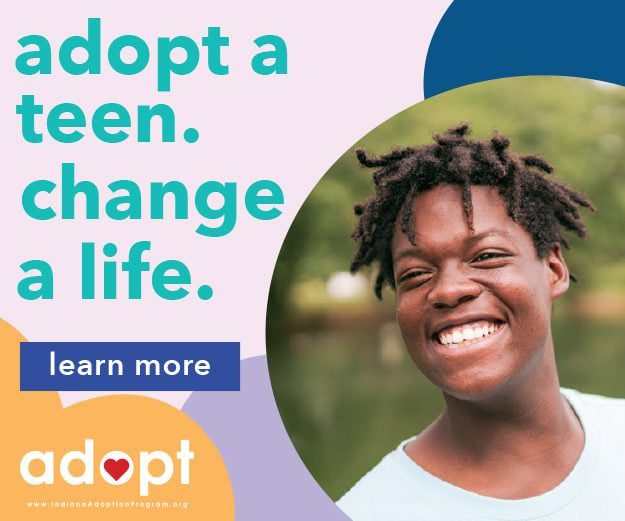Diabetes disproportionately affects communities of color, but now many are focusing on the stages prior to getting the disease.
According to the American Diabetes Association, before people develop type 2 diabetes, they almost always have pre-diabetes – blood glucose levels that are higher than normal but not yet high enough to be diagnosed as diabetes.
Some people with pre-diabetes may have some of the symptoms of diabetes or even problems from it already. They usually find out they have pre-diabetes when being tested for diabetes.
The Indiana Minority Health Coalition (IMHC) is working to help Hoosiers avoid this health issue with a new program.
“We know that in the U.S., there are 28 million diagnosed diabetics, but there are 79 million undiagnosed people walking toward diabetes. We believe diabetes doesn’t have to be your destiny,” said Vanessa Summers, National Diabetes Prevention Program coordinator for IMHC.
The Centers for Disease Control and Prevention (CDC), along with a service partner, the Black Women’s Health Imperative, an organization devoted solely to advancing the health and wellness of Black women and girls, found that pre-diabetes is a growing problem and developed The National Diabetes Prevention Program “Change Your Lifestyle. Change Your Life” to prevent or delay diabetes.
This lifestyle intervention program targets Black and Latino women age 18 and older. IMHC will administer the program for free at locations such as Mays Chemical, the Edna Martin Christian Center, Forest Manor Multi Service Center and the Blackburn Health Center.
“We’re very excited about this program. We have quite a few people in this area that are diabetic and pre-diabetic. We just want to provide education and the resources they need to live a better life,” said Kyle McIlrath, health and wellness coordinator at Forest Manor Multi Service Center.
At the various sites, participants must attend 16-week group meetings on lifestyle changes spearheaded by a trained life coach where they’ll learn how to make important alterations such as losing a modest amount of weight, being more physically active and managing stress.
Pre-diabetics must also participate in weekly weigh-ins, keep a food journal and do 150 minutes of exercise each week. There will also be fun activities such as Zumba classes and in-store tutorials on how to shop for healthy items at the grocery store.
After the 16-week classes, participants have a monthly follow up consisting of encouragement and group fellowship.
Qualified participants must have a body mass index of at least 24, have a previous medical diagnosis of pre-diabetes or be able to answer yes to three or more questions on IMHC’s pre-diabetic questionnaire. Participants’ progress will also be gathered and sent to the CDC for study.
Summers is excited about the program because she too has been diagnosed with diabetes and knows firsthand the benefits of a healthy lifestyle.
“I was a four-shot-a-day diabetic and weighed up to 200 pounds. I had a talk with the Lord and said ‘I need to get my diabetes together.’ He has such a sense of humor. He gave me this job and I realized I have to live this out too,” said Summers. “I got walking, lost weight and my doctor took me off a lot of my medicine. I may be able to work my way off of what I am currently taking soon.”
The Forest Manor Multi Service Center is scheduled to begin classes Sept. 18. Other sites are set to begin toward the end of September.
For more information or to sign up for the program, call the Indiana Minority Health Coalition at (317) 920-4951 or (317) 926-4011; or email v.summers@imhc.org.
Pre-diabetes risk test
I have had a baby weighing more than 9 pounds at birth.
I have a parent, sister or brother with diabetes.
I am younger than 65 years of age and get little to no exercise in a typical day.
I am between 45 and 64 years of age.
I am 65 years of age or older.
If you answered “yes” to three or more questions, you may be at risk for pre-diabetes or type 2 diabetes.
For more information about the National Diabetes Prevention Program, call the Indiana Minority Health Coalition at (317) 920-4951 or visit IMHC.org.







